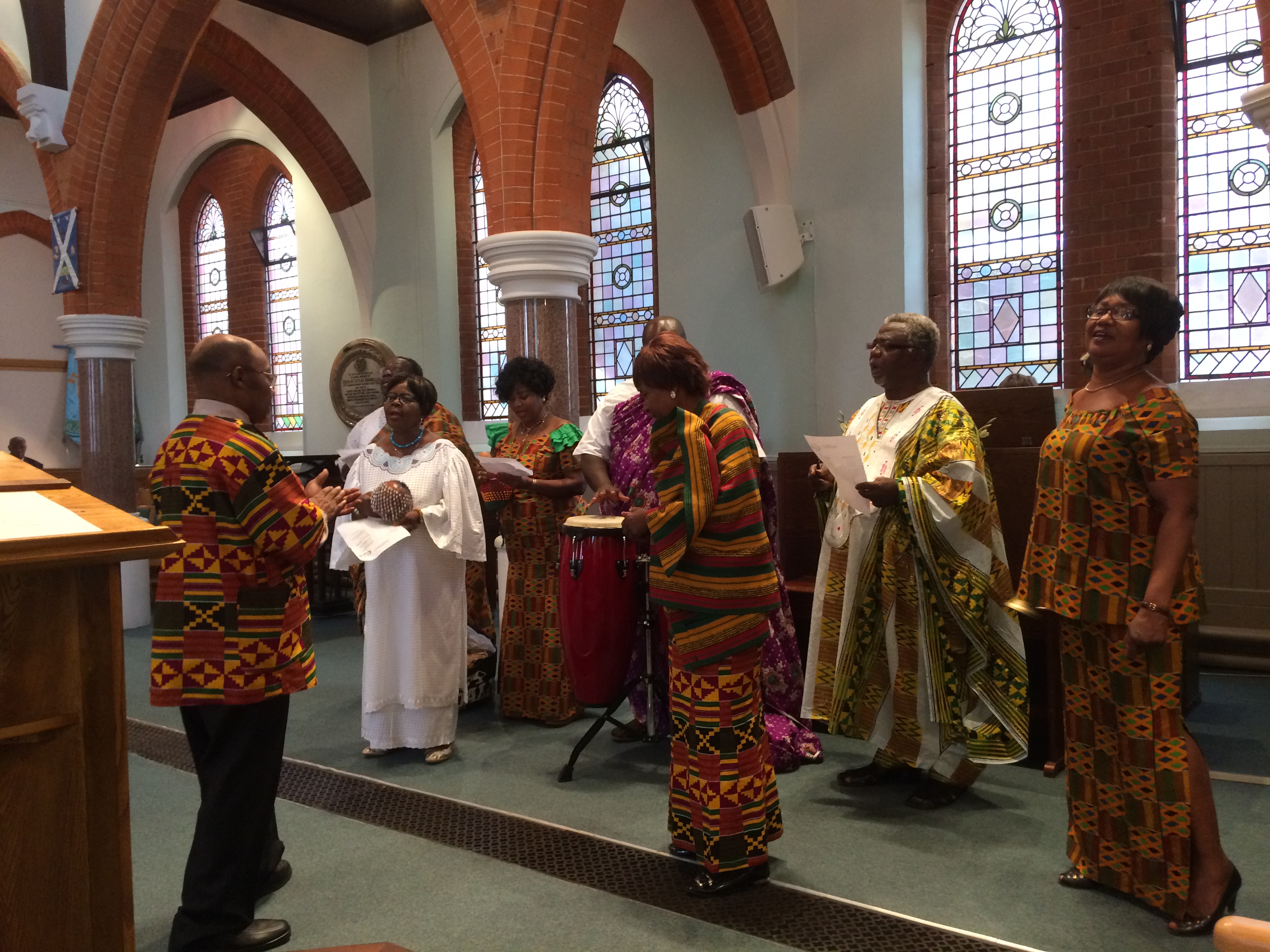Sermon given by Revd Maggie Hindley, Sunday 23rd July 2023
If you were in church last Sunday, you probably heard the parable of the sower, which comes just before today’s parable of the weeds in Matthew’s gospel. Jesus was – is – encouraging his hearers to be good soil for seeds to grow in, soil that understands the power of the life of the spirit, takes it deeply into its own being, withstands the weeds or tares…… It’s a wonderful metaphor for a generation that has generally lost touch with the earth we live in and the soil we come from as well as the life of faith. There are more agricultural parables next week! Matthew 13 is full of them.
Today’s parable bears a similar message to last week’s; if the soil is good and nourishing, then the seed for much needed crops planted in it will not be overwhelmed by the invasive species that inevitably try to take over. Be good soil, says Jesus, once again. Have in you, he might say, plenty of rich decomposed organic matter, stuff that fertilises, humus. This word, as you’ll have heard before, shares a root with the word for something essential to the Christian life, the gift of humility.
I love Psalm 139. Don’t you? It’s full of the tenderness of God towards us, Gods creation. I’ve learned from my grandchildren what I was too busy to learn from their mums, my daughters, when they were little, that what children want more than anything else in the world is our one-hundred-percent attention. They just love it when we let them get on with their exploration of their world but are there watching, watching, watching with love and affirmation of what they do. We don’t grow out of that need! And here in the psalm we are promised that we have God’s one hundred percent loving attention, whether we are at home or out and about, whether we open our mouths to speak or keep our thoughts to ourselves. That’s immensely comforting, I think, to most of us, as is the sense that if we try to run away from God, we will find God wherever we run to and be brought back home, gently, like the straying sheep found by the Good Shepherd.
There is great comfort in the power of God, for whom darkness is never a threat, because God is the creator of both dark and light, and what is evil can never overcome the light.
There is great comfort in the picture of God’s love for us as a developing foetus in the womb; the sense that God is making each one unique and mysterious and unknowable except to God’s self. There’s an affirmation of the wonder of pregnancy, both for the babe and its mother. From the moment we are conceived we are known and watched and loved. That never ends!
love the sense of awe in the psalmist’s response to all of this. And I love the way he takes the implications to heart:
Search me out, O God, and know my heart;
try me and know my restless thoughts.
Look well whether there be any wickedness in me,
and lead me in the way that is everlasting.
All this wonderful attention brings to light, along with the preciousness of the individual, the things in that are not so welcome in our relationship with God.
It’s not all cosy. We might well be embarrassed as well as warmed by God’s 100% attention! And the psalmist asks to be made aware of the things that threaten his relationship with God. These might be the weeds or tares- the invasive species – of today’s parable. It’s not usually very easy to spot them until they take root and begin to grow.
We here are not, I think – I hope! – doers of what is obviously evil. Our capacity for doing harm is real but more subtle and we’re mostly not aware of the way we lie to ourselves, manipulate others, maintain the illusion of being good through and through. We are right to ask, as the psalmist does, to be brought to self awareness.
For myself, I often catch a glimpse of an impulse to revenge, a tendency to dismiss achievements of people I am envious of, a whiff of prejudice in relation to race or accent, class or ability. I wouldn’t intentionally act on any of it, and the thought is gone almost before it appears, but I see those fleeting moments as an answer to the psalmist’s prayer, and mine, to be known through and through and to know myself through and through. I am no stranger to aggression and jealousy and pernicious stereotyping. The other thing that helps – though painfully – is to be shown by another that there’s a better way of seeing and doing things than we’ve shown in our words and actions and to recognise – ouch! – that they are right. Hard gifts to accept, but gifts none the less.
If you know what your temptations are, you can be prepared to resist. You can remind yourself who is at the centre of the universe (God) and who matters in God’s eyes (each and every one of us). You can allow the decomposted organic matter in yourself (humus, humility) to nourish what is creative and fair and kind in your relationship with others and with the world. You can keep the invasive species, the strutting ego, in its place.
What is helpful in the way we interact in the world sits very closely with what is unhelpful. That’s true for all of us. It’s not a cause for self deprecation – we are sooooo loved by God, as the psalm shows – but it is a reason to remember at all times our own fallibility and our own capacity to kid ourselves about our spiritual and moral correctness.
And the best way to know ourselves? It’s to return the gaze of God. Just as God’s loving awareness rests on us every moment of our lives, we can train our own awareness to keep coming back to God, centre of the universe, source of all life and all light, all goodness and all truth, in our prayer times and in the middle of everyday life, searching God and knowing God, never letting God out of our sight, coming to understand the mind of God and what that means for each of us, and for the world we live in. That way leads indeed to a rich harvest and a closer reflection of God’s Kingdom on this weary earth.






